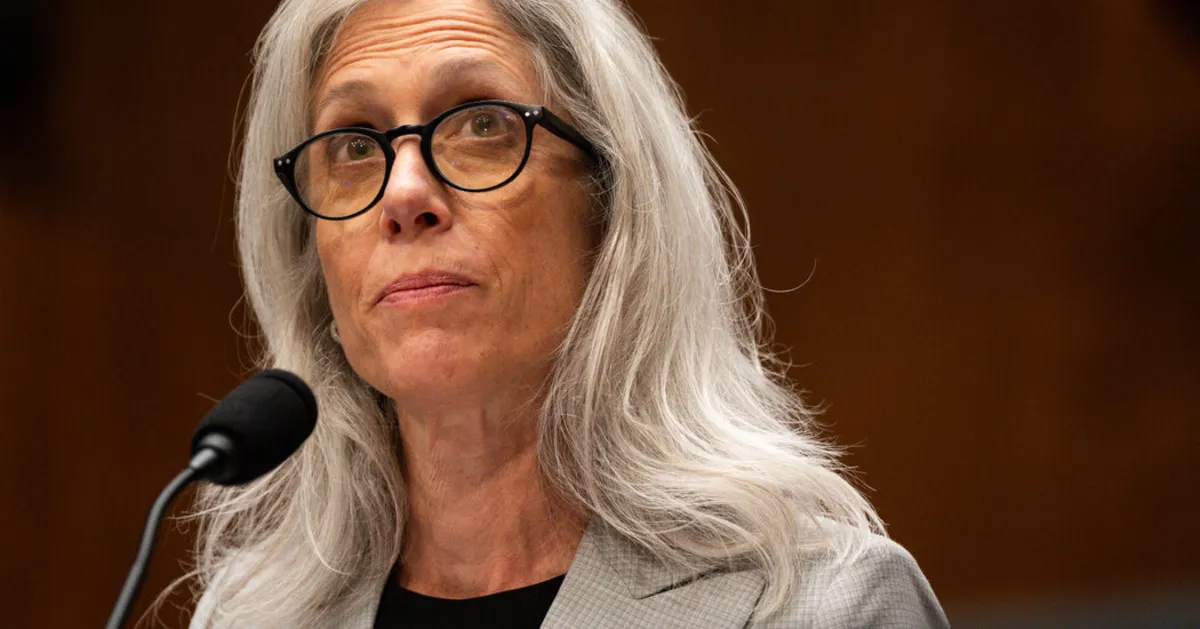
In a surprising turn of events, Dr. Susan Monarez, who recently ascended to the role of director of the Centers for Disease Control and Prevention (CDC), has abruptly stepped down after a challenging month marked by significant changes in vaccine policy and substantial layoffs within the agency's workforce. Sources familiar with the situation, who requested anonymity to avoid potential backlash, indicated that Dr. Monarez's departure was largely due to conflicts with Health Secretary Robert F. Kennedy Jr..
Dr. Monarez, an accomplished infectious disease researcher, made history as the first non-physician to lead the CDC in over 50 years. She had been serving as the acting director since President Trump took office and was nominated for the permanent position after the president withdrew his initial choice, Dr. David Weldon. Under Secretary Kennedy's leadership, it appears Dr. Monarez voiced concerns regarding his controversial alterations to the panel of experts advising the CDC on vaccine policy.
During her brief time in office, Dr. Monarez was expected to collaborate closely with Matt Buckham, the new chief of staff at the Department of Health and Human Services (HHS), and Matt Buzzelli, the chief of staff at the CDC. This collaboration came amidst a backdrop of upheaval, as Secretary Kennedy made significant changes by replacing established members of a crucial vaccine advisory committee with individuals who are openly critical of current immunization policies.
In addition to these personnel changes, Secretary Kennedy has implemented severe cuts to the CDC's funding and workforce, prompting concern among public health experts about the agency's capacity to fulfill its core functions. Just last week, HHS announced that a prominent critic of COVID-19 vaccines was appointed to head a subcommittee tasked with reviewing the safety of these vaccines, further alarming many in the public health community.
Despite the tumultuous leadership climate, many CDC staff members expressed appreciation for Dr. Monarez's empathetic handling of a recent crisis. Earlier this month, a gunman opened fire at the CDC's headquarters in Atlanta, resulting in the tragic death of a police officer and instilling fear among employees. Law enforcement identified the 30-year-old shooter as someone who believed he was adversely affected by the coronavirus vaccine.
In response to this incident, CDC employees issued an open letter to Secretary Kennedy, urging him to cease disseminating “inaccurate information” regarding vaccines. While Dr. Monarez refrained from directly criticizing the health secretary, she echoed staff concerns about the dangers of misinformation in a message to her team.
This story is still developing, and updates will be provided as more information becomes available.